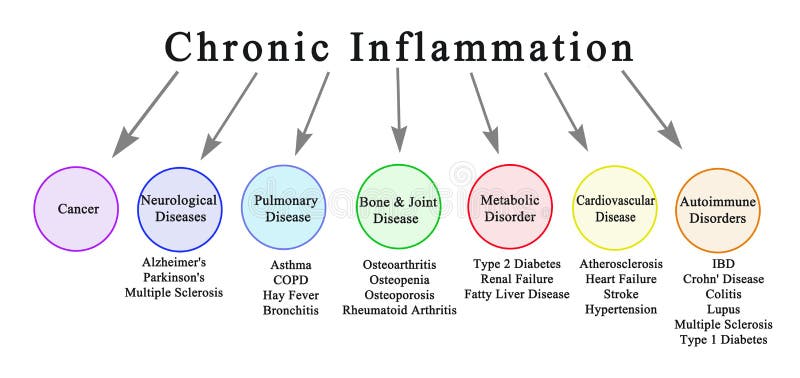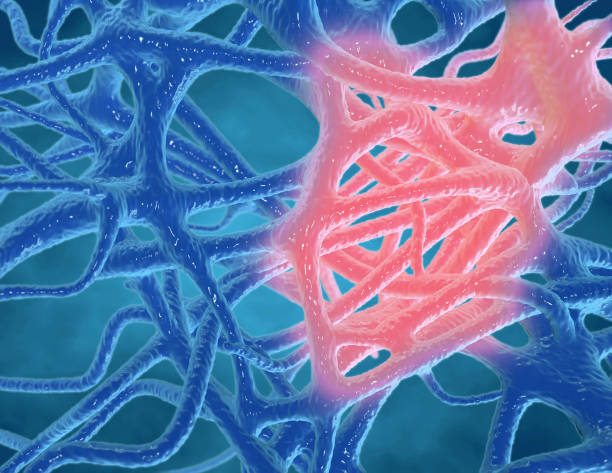In this blog, I want to discuss fucoidan and anti-inflammatory effects. Do you know what happens when your body is inflamed?
To understand that, I am also going to explain neurodegenerative diseases. More and more elderly people tend to suffer increased neurodegenerative diseases. It also has a rumor that some presidential candidates may likely have early Alzheimer’s disease. Based on the Alzheimer’s Association, on average, a person with Alzheimer’s lives four to eight years after diagnosis but can live as long as 20 years, depending on other factors. So people who offer care need to spend a significant amount of time and money. Depending on their state of residence, assisted or senior living costs approximately $2,844 to $9,266 / month. The national average in 2019 is $4,000/ month. The cost of Alzheimer’s care in assisted living communities is approximately $1,000 more each month to “Understand Your Financial Option for Long Term Care, 2020.”

Let us try to understand what inflammation is.
Inflammation is either short-lived (acute) or long-lasting (chronic). Acute inflammation disappears within hours or days, such as a wound getting hot, turning red, hurts, and swells. Chronic inflammation can last for months or years, even after the initial trigger is gone. The conditions associated with chronic inflammation are cancer, heart disease, diabetes, asthma, Alzheimer’s disease.

According to WebMD, when inflammation happens, chemicals from your body’s white blood cells enter your blood or tissues to protect your body from intruders. This raises the blood flow to the area of injury or infection. It can cause redness and warmth. Some of the chemicals cause fluid to leak into your tissues, resulting in swelling.
Fucoidan, a sulfated polysaccharide extracted from brown seaweed, exhibits a variety of internal biological activities. However, the cellular and molecular mechanisms underlying fucoidan’s anti-inflammatory effects remain poorly understood. There is a study “Anti-inflammatory effect of fucoidan through inhibition of NF-kB, MAPK and Akt activation in lipopolysaccharide-induced BV2 microglia cell” by Hye Young Park et al. According to their investigation, the inhibitory effect of fucoidan on lipopolysaccharide (LPS) -induced pro-inflammatory mediators in BV2 microglia. The data showed that treated fucoidan significantly suppressed the overproduction of nitric oxide (NO) and prostaglandin E2 (PGE2) in LPS-stimulated BV2 microglia.
Fucoidan also inhibited the expression of inducible nitric oxide synthase (iNOS), cyclooxygenase (COX)-2, monocyte chemoattractant protein-1 (MCP-1), and pro-inflammatory cytokines, including interleukin-1b (IL-1b) and tumor necrosis factor (TNF- ). Additionally, fucoidan exhibited anti-inflammatory properties by suppression of nuclear factor-kappa B (NF-jB) activation and down-regulation of the extracellular signal-regulated kinase (ERK), c-Jun N-terminal kinase (JNK), p38 mitogen-activated protein kinase (MAPK), and AKT pathways. These findings suggest that fucoidan can offer substantial therapeutic potential to treat neurodegenerative diseases (Alzheimer’s disease) associated with microglial activation.
